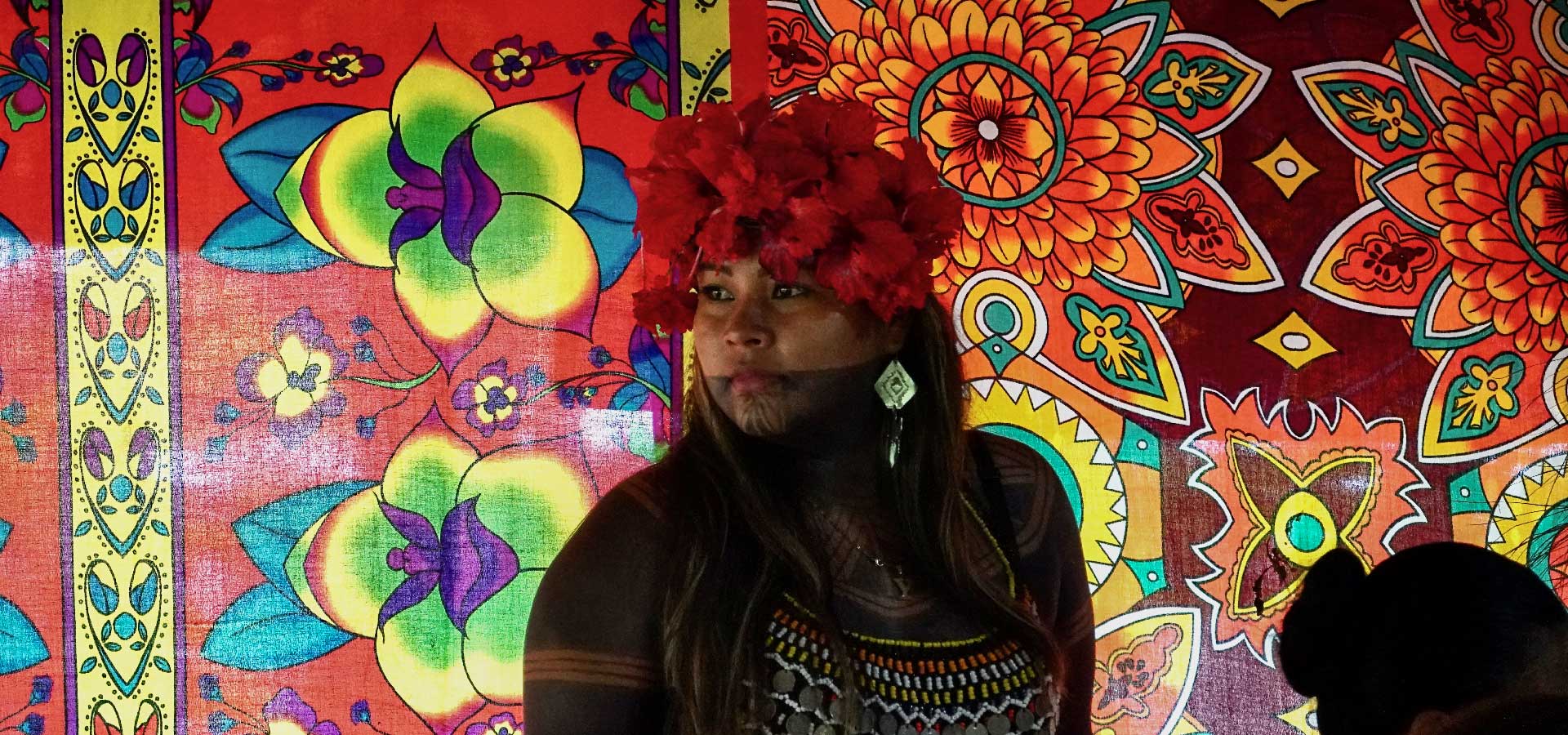
What is IPARD?
The Indigenous Peoples Alliance for Rights and Development (IPARD) is a global development alliance convening multi-sector partners to create long-term solutions with and for Indigenous Peoples.
IPARD is implemented by the FSC Indigenous Foundation (FSC-IF) and was created and is currently funded by the United States Agency for International Development (USAID) and the Forest Stewardship Council (FSC) with private sector partners.
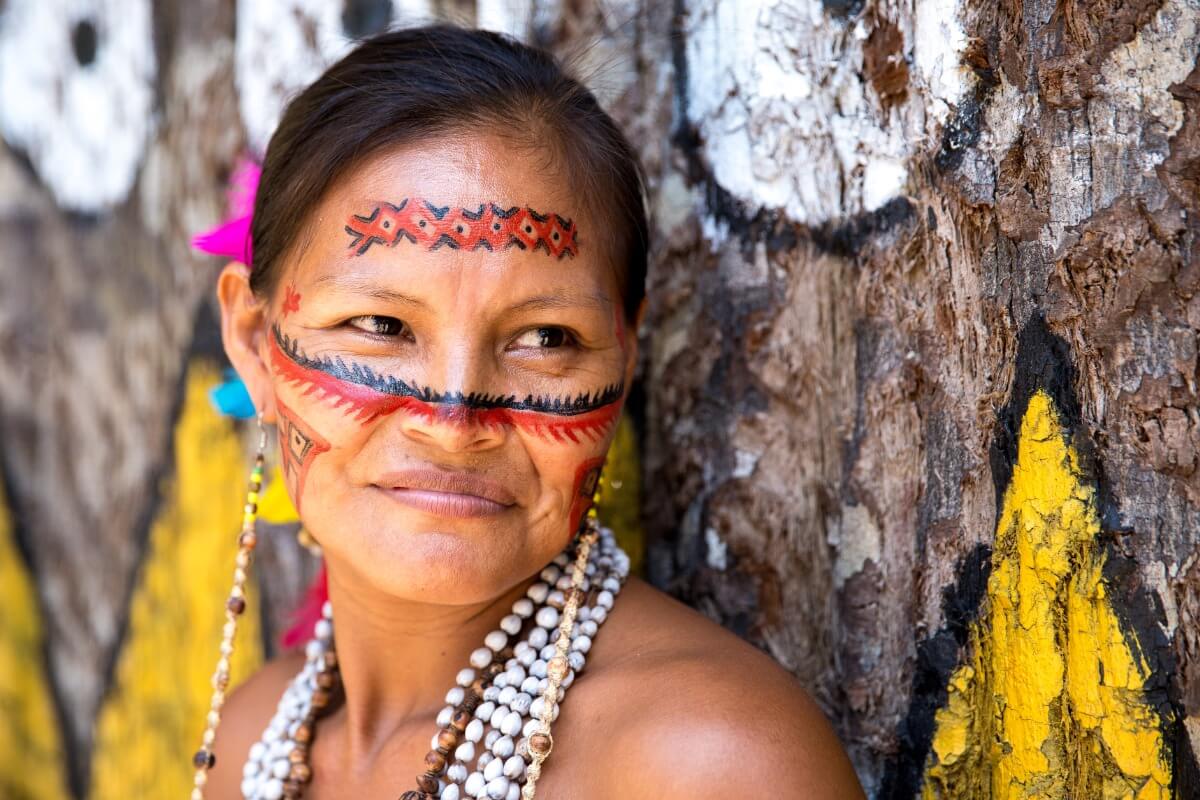
Target goal and theory of change
IPARD is working to enable Indigenous Peoples globally to strengthen their capacities, so they can manage and develop their communities based on their priorities, traditional knowledge, natural resource management, and respect for their rights
We envision that if Indigenous Peoples develop their technical, organizational, and managerial capacities in a consistent way over the long term, this will strengthen their abilities to better engage and collaborate with national governments and the private sector to achieve mutual benefits.
Approaches and models
FSC-IF is implementing IPARD adhering to three programmatic approaches:
-
Indigenous Program Management Approach (IPMA)
Indigenous Program Management Approach (IPMA) – At the highest level, IPARD will be guided by the governance structure of the FSC-IF Council and the FSC’s Permanent Indigenous Peoples Committee (PIPC). At the regional and country levels, IPARD will work in collaboration with many sectors including national governments to engage with relevant representatives of Indigenous Peoples’ organizations who will build a collective decision-making process to guide the strategic vision, direction, planning and implementation of the Program with full inclusion of traditional knowledge and social learning.
-
Country-Focused Approach (CFA)
Country-Focused Approach (CFA) – IPARD will integrate multi-sector efforts and resources on a country-by-country basis in order to optimize the likelihood of long-lasting impact and benefits, while taking into account the Indigenous Cultural Landscapes Framework developed by FSC.
-
Multi-Sectoral Approach (MSA)
Multi-Sectoral Approach (MSA) – IPARD will support the achievement of Indigenous Peoples’ long-term vision by building collaborative plans with different sectors and stakeholders. Therefore, it will integrate aspirations and needs in all sectors that are relevant to Indigenous Peoples focusing on natural resource management, rights, their economies, their social well-being, and other priorities based on national contexts.
At the operational level, IPARD is implementing the approaches through two programmatic models:
-
Indigenous Peoples Sustainability – Self Reliance (IP-SSR) Model
Indigenous Peoples Sustainability – Self Reliance (IP-SSR) Model is an operational and programmatic guiding tool driven by IPARD’s long-term vision and based on five objectives: (1) capacity development of Indigenous Peoples’ organizations, (2) promoting Indigenous Peoples’ rights based on national political contexts, (3) scaling-up of Indigenous resource management practices connected to climate and market-based solutions, (4) development of Indigenous economic models, and (5) identifying alternatives to support inclusive, holistic and cultural development. The IP-SSR Model will build on specific strategic actions and specific target sites or countries to achieve long-term goals and envision the scale of intervention to consolidate resilience and self-reliance.
-
IPARD Partnership (IP) Model
IPARD Partnership (IP) Model is the operational tool to support the implementation of the IP-SSR model and IPARD approaches. Strategic, technical, and implementing partners will be mapped based on their potential to contribute to each of the Programmatic objectives, guided by Indigenous Peoples’ vision as the center of this work. IPARD’s strategic partners can be international or local NGOs, UN agencies, multilateral development banks, business corporations, foundations, bilateral agencies and others.
Regions
IPARD is working across countries in Latin America, Africa and Asia, beginning in Latin America..

Results
Read our latest IPARD news
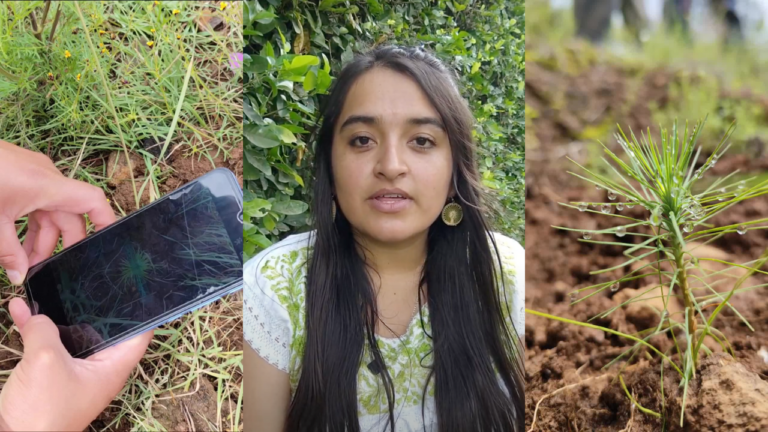 Geographic Information Systems for Indigenous forests and communities
Geographic Information Systems for Indigenous forests and communities
Learn about América Anayelli Olguín’s journey bridging technology and ancestral knowledge
› Read more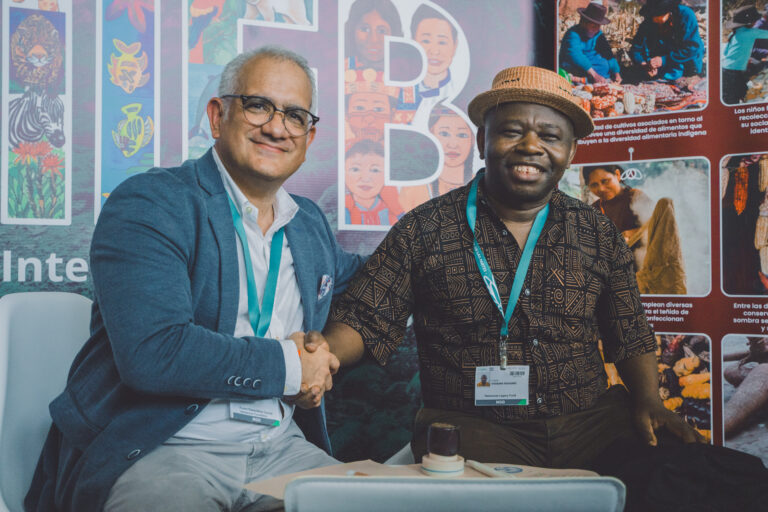 Partnership with REPALEAC for Indigenous Peoples’ rights, economies, and forest ecosystems in Central Africa
Partnership with REPALEAC for Indigenous Peoples’ rights, economies, and forest ecosystems in Central Africa
At COP16, the FSC Indigenous Foundation and REPALEAC signed agreement to implement new activities with and for Indigenous Peoples in the Congo Basin
› Read more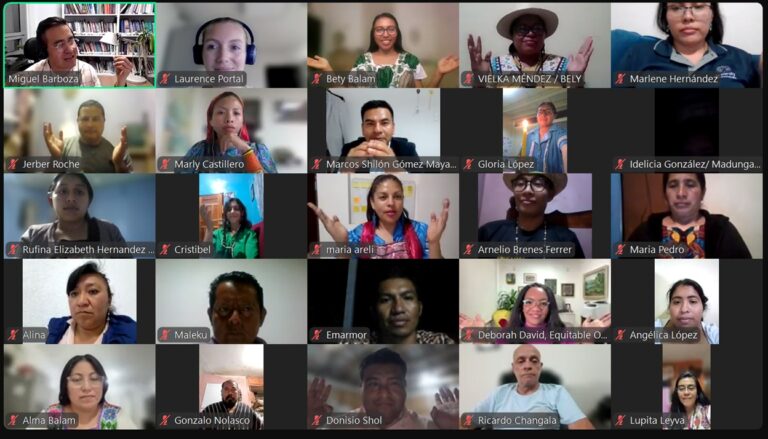 Announcement of the Online Course: “Right to Consultation and Free, Prior and Informed Consent”
Announcement of the Online Course: “Right to Consultation and Free, Prior and Informed Consent”
The course will contribute to the rights and sustainable development of Indigenous Peoples in Central America.
› Read more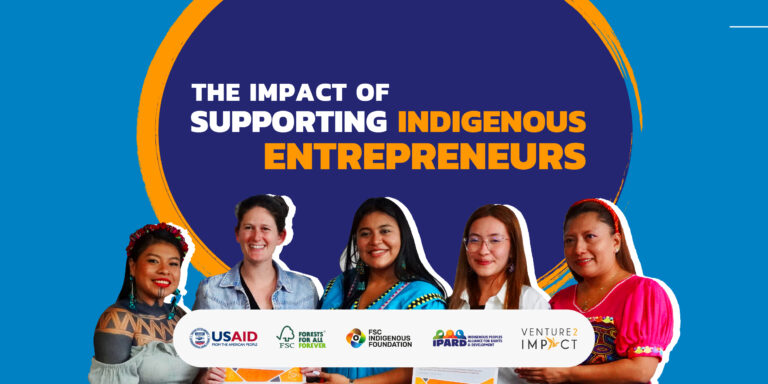 FSC-IF partnered with V2I to support Indigenous entrepreneurs in Panama City through a skills-based volunteering initiative
FSC-IF partnered with V2I to support Indigenous entrepreneurs in Panama City through a skills-based volunteering initiative
All about this alliance to empower Indigenous entrepreneurs through a program that promotes a win-win exchange.
› Read more
